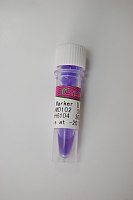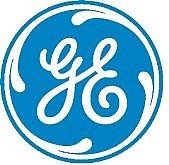Methods for Constructing and Evaluating Antitumor DNA Vaccines
互联网
531
An antitumor DNA vaccine is a bacterial DNA plasmid that encodes the complementary DNA (cDNA) of a tumor antigen. When injected into recipients, antitumor DNA vaccines have been shown to elicit both humoral and cellular immunity against the encoded tumor antigen. These vaccines represent a relatively new immunotherapeutic technique being investigated as a means to deliver a target antigen and elicit or augment antitumor antigen-specific immune responses. One of the primary advantages of DNA vaccines as opposed to some other methods of antigen delivery is that they can be easily constructed, purified, and delivered to recipients. In this review we describe this process, detailing the procedures used to construct, purify, deliver, and evaluate the efficacy of DNA vaccines. We begin by describing the process of molecularly constructing the vaccine, from selecting a bacterial plasmid to form the backbone of the vaccine, cloning the antigen cDNA into this plasmid, and confirming the sequence and orientation of the completed vaccine. This is then followed by a series of experiments that can be used to ensure that the antigen encoded by the vaccine is transcribed and translated after being taken up by eukaryotic cells. We then describe large-scale purification procedures that can be used to obtain sufficient quantities of plasmid DNA to conduct in vivo immunization experiments. Finally, we provide an immunization protocol that can be used to evaluate the immunological efficacy of the constructed DNA vaccine. By following these protocols, it is possible to construct, purify, deliver, and evaluate the efficacy of antitumor DNA vaccines.









